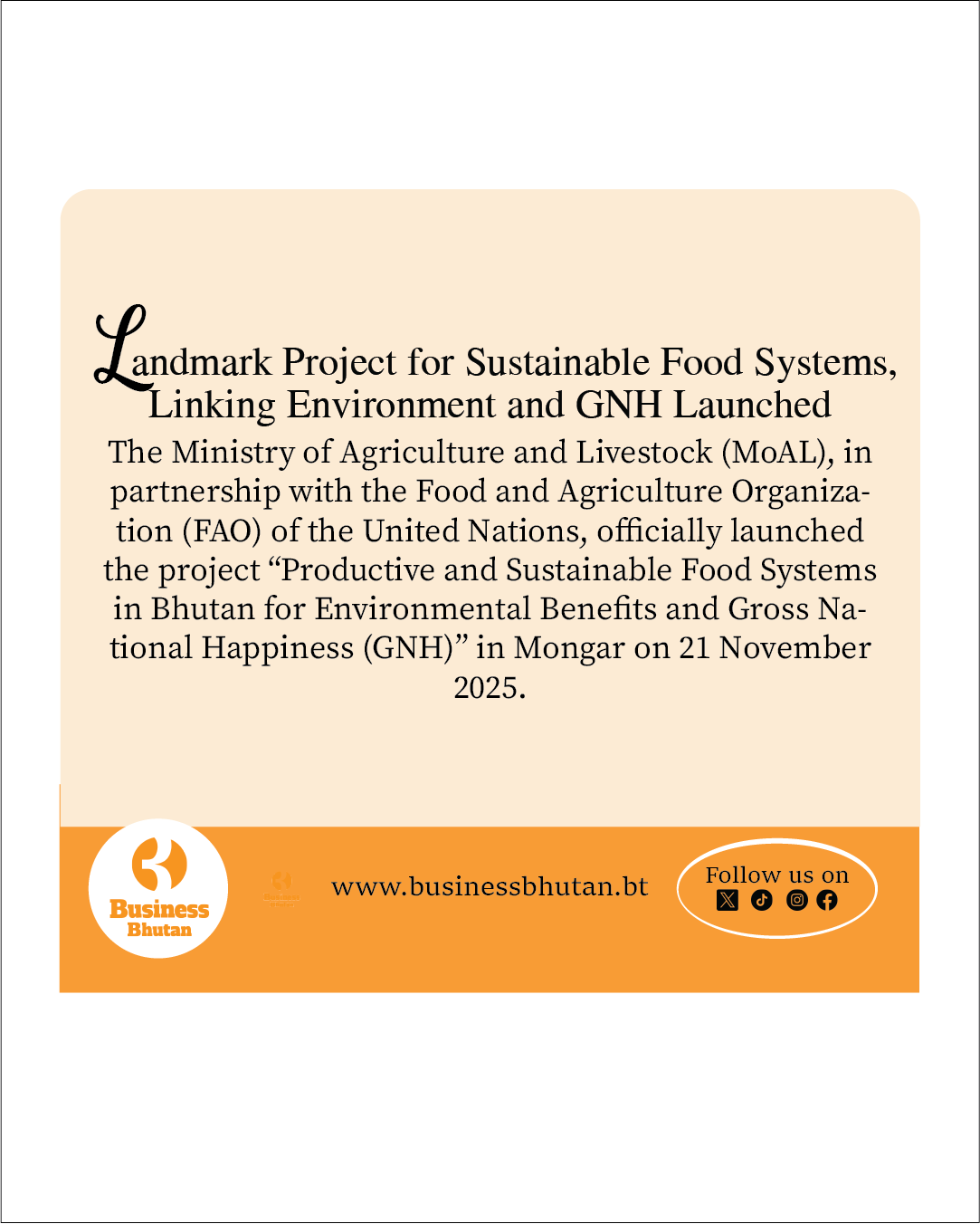The inaugural Hindu Kush Himalaya (HKH) Parliamentarians’ Meet concluded successfully on 19 August 2025 in Kathmandu, Nepal, marking a significant milestone in regional cooperation for environmental sustainability. Held under the compelling theme, “Sustaining Nature, Empowering People,” the conference brought together over 100 parliamentarians, government officials, and environmental experts from across the HKH region to deliberate on urgent climate challenges and chart a collective path toward resilience and sustainable development.
Organized jointly by the Agriculture, Cooperatives, and Natural Resources Committee of Nepal’s Federal Parliament, ICIMOD, and the Government of Nepal, the meet provided a critical platform for knowledge sharing, collaboration, and consensus-building. High-level dignitaries, including Nepal’s President Rt. Hon. Ramchandra Paudel and House of Representatives Speaker Rt. Hon. Devraj Ghimire, attended the opening and closing sessions, signaling strong political commitment to regional environmental priorities.
The meet featured high-level panel discussions on climate change, biodiversity conservation, and air quality, highlighting the interconnectedness of environmental health, economic development, and human well-being.
Pema Gyamtsho, Director General of ICIMOD, underscored the economic magnitude of the climate challenge, noting that HKH countries require approximately USD 740 billion annually for adaptation and mitigation efforts. He emphasized that evidence-based policies, strategic investments, and collaborative action are essential to build resilience and foster sustainable development across the region.
“As parliamentarians, your role as elected representatives is crucial in enacting laws, influencing policies, and mobilizing resources,” the DG remarked. “Your leadership can shape a resilient and prosperous HKH.”Phuntsho Rapten, Head of Delegation from Bhutan’s Parliament and eminent member of the National Council, reaffirmed Bhutan’s unwavering commitment to environmental conservation, citing the country’s constitutional mandate to maintain at least 60% forest cover. He highlighted the visible impacts of climate change, including receding snow cover on Mount Everest, and called for enhanced regional cooperation and innovative solutions to protect the fragile Himalayan ecosystem.
Nepal’s President Ramchandra Paudel emphasized the tangible and immediate impacts of climate change, referencing recent floods and landslides in Rasuwa district, which caused loss of lives and billions in damages. He stressed the urgency of adhering to the Paris Agreement’s 1.5°C target, advocating for equitable access to climate finance and concrete measures to address loss and damage.
“Climate change, biodiversity loss, and air pollution are no longer distant scientific issues but a harsh reality affecting our daily lives,” President Paudel said. “This meeting is a historic opportunity to set a roadmap for our shared future.”
The Bangladesh delegation, led by Honourable Supradip Chakma, called for a robust sub-regional platform to amplify the region’s voice on climate and environmental issues, emphasizing the need for sustained cooperation to protect ecosystems and safeguard future generations.
Nepal’s Minister of Forests and Environment, Honourable Aain Bahadur Shahi Thakuri, reinforced the importance of maintaining the 1.5°C climate target and urged for increased support for climate adaptation efforts and international collaboration.
Participants at the meet agreed that parliamentary dialogues of this nature should be institutionalized to sustain momentum and deepen regional collaboration. The meet reinforced Bhutan’s commitment to environmental conservation, people-centered development, and regional cooperation, highlighting the collective responsibility of HKH countries to safeguard the Himalayan ecosystem.
Delegates stressed that shared challenges require shared solutions, emphasizing the need for continuous dialogue, actionable commitments, and tangible interventions.
As the HKH region faces mounting climate risks—including glacial melting, floods, and biodiversity loss—the inaugural Parliamentarians’ Meet has set an important precedent. It symbolizes a unified regional effort to protect the Himalayan environment, empower communities, and secure a sustainable future for the millions of people who depend on these vital ecosystems.
Through knowledge sharing, political engagement, and a renewed commitment to action, the meet underscored that regional cooperation is not just desirable but essential for the resilience and prosperity of the Hindu Kush Himalayan region.
Sangay Rabten from Thimphu




![Fresh Beginnings: Pasakha Vendors Gear Up for New Vegetable Market - Duplicate - [#16963] Fresh Beginnings: Pasakha Vendors Gear Up for New Vegetable Market - Duplicate - [#16963]](https://businessbhutan.bt/wp-content/uploads/2025/11/Asset-200.png)











